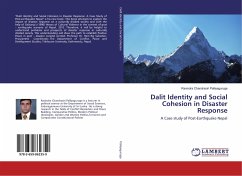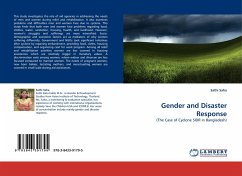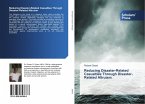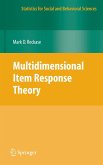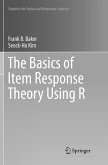This book explores the viability of a policy network as a new approach for disaster management systems. Of primary interest is the relationship between the type of a policy network formed in the process of responding to an unexpected event and the type of a disaster management system. Relationships are investigated through an analysis of a qualitative case study from the various empirical sources such as media data and literature. Four cases from three developed countries that failed to cope with extreme events are chosen for the study; Hurricane Katrina in the U.S., Typhoon Maemi in Korea, Kobe Earthquake and Tohoku Earthquake in Japan. This book presents the policy network approach may be a promising countermeasure to a traditional approach, which provides substantial opportunity for the disaster management in a new light that provides an insight in establishing a more effective network for unexpected events in complex environments.
Bitte wählen Sie Ihr Anliegen aus.
Rechnungen
Retourenschein anfordern
Bestellstatus
Storno


